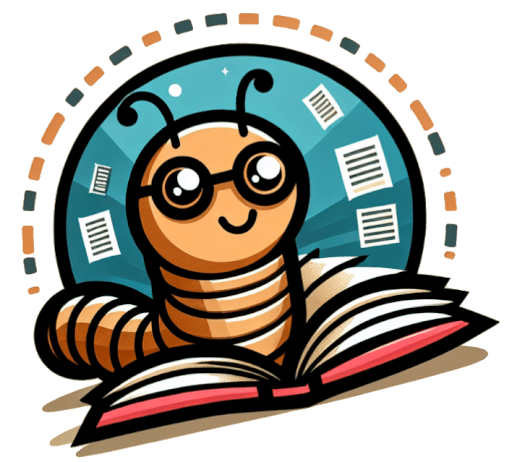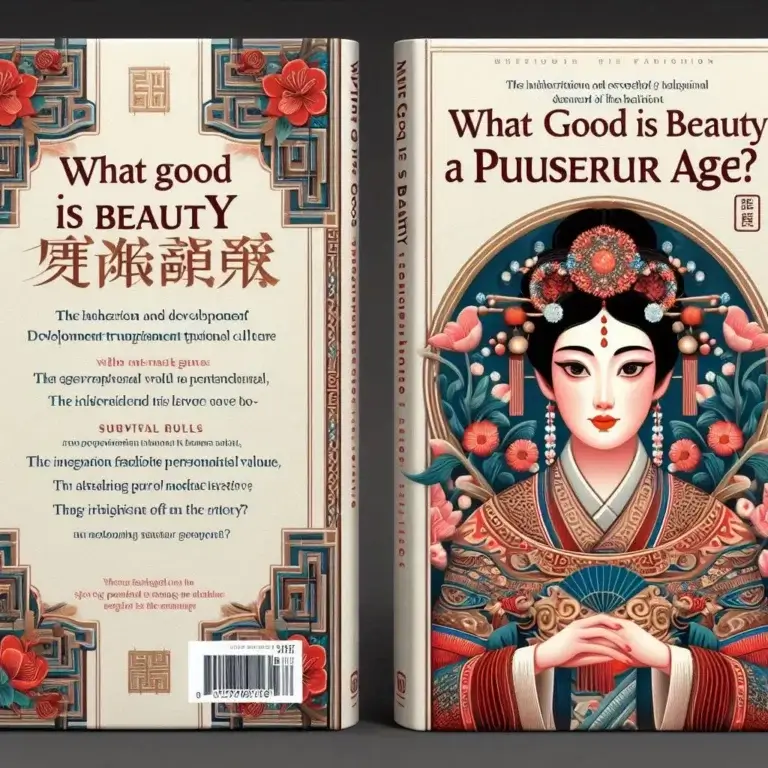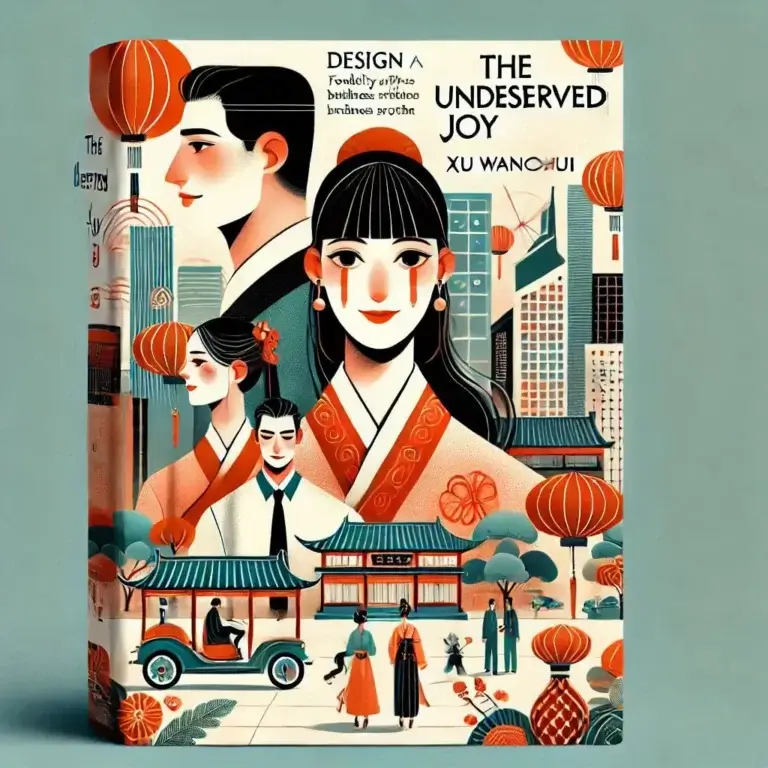Mou Zhu said: “Then you must clean the house for me to see what’s not clean.”
Su Zhe was angry: “What?”
“You!” Mou Zhu stared at him. Su Zhe turned away from him.
Hua Bei said: “Mou Zhu, your mouth is really good.”
Su Zhe and Gu He Ruo were very calm. That was Gu He Ruo’s air, the window was clean, the bottom had a line. The laundry pool looked clean. Mou Zhu sat in the small restaurant looking at Xie Zhen, he felt if this was the beginning of life, it seemed quite good.
But soon he dismissed this idea: the dishes made by the corner were not generally difficult to eat.
“Didn’t Gu He Ruo teach you?” Mou Zhu asked.
Xie Zhen said: “She is not like me, her family is Su Ge making meals.”
Mou Zhu said. Su Zhe making meals? He couldn’t imagine. How did Song Ruo Nai usually deliver meals?
“That’s what Su Ge made early morning and evening.” The corner explained.
Indeed incredible.
Mou Zhu was secretly happy, seeing that Su Zhe was not as elegant as the surface.
In Beijing, Mou Zhu had eight reliable mortgage loans under several rural names. These exquisite small public officials were located in the national financial center of the Forbidden City. According to today’s house prices, it was enough for Mou Zhu to live. What’s more, he still had unspent house rental income every month! But for Mou Zhu, this was not his purpose.
Life sometimes requires a bit of humility.
Next, what follows quickly is a livelihood issue. One must first find a job, trying to live like most people do.
For this generation, it is clearly aimed at those impoverished elders who have no financial resources.
In an era of high inflation, if you are not an investor, you are very likely to slide from the middle-income class to the lower-income class. If you are a working-class laborer without investment, your living standards will inevitably decline significantly; if you are an investor leaning towards the white-collar class, you might become part of the wealthy elite.
Becoming part of the middle-income class is extremely easy, as long as someone falls seriously ill, or a business goes bankrupt, or you simply do nothing but casually appropriate labor resources, your living standards will drop.
Simply speaking, abandoning challenging industries, entering the investment market, and abandoning the working-class mentality is the most correct choice. However, this approach has very high requirements for individual qualities, thus blocking many people from the gates of wealth.
Su Jia began preparing his resume. How would he describe his work experience since graduation? It was difficult to write about experiences not defined by any workplace. Speaking honestly was indeed painful. This summer, he checked the Beijing Industrial and Commercial Bureau website, created work experiences for a few small companies, and then submitted his resume to some mid-tier units. Large companies were difficult to enter, with HR just making a phone call to verify and that was it.
First working in ordinary companies for a few years, then jumping to slightly larger units, and then… in the unexpected process, Su Jia discovered he had fallen behind again. In fact, at thirty, he was restarting, which was hard to avoid.
But he still decided to try. To try changing his lifestyle.
That day, Su Cai and Zhou Miaotiao talked for a while.
What was exchanged was a project with equivalent numbers. Originally, from Su Cai’s graduation, Zhou Miaotiao’s support for him had gradually become ineffective. After working at the biological research institute, Zhou Miaotiao brought a research team, making Su Cai her assistant. Everyone knew that the research team’s deputy researchers, doctoral students, and department heads were all helping her, with Su Cai being the weakest link.
This meant his achievements would not be sufficient. If he wanted to maintain his dignity and confidence, he would have to put in extra effort on side projects.
At this time, Su Cai acknowledged Zhou Miaotiao helping him with funds, which was naturally a good thing for Zhou Miaotiao.
As Su Cai himself, he felt painful but had no other options.
Academically losing personal freedom and losing Su Jia’s personal freedom was difficult to determine which was more serious. Zhou Miaotiao mostly complained, never discussing Su Cai’s specific work. During this period, Su Cai was always in the laboratory until eleven or twelve, something he hadn’t discussed with anyone, including Song Ruoruo.
He didn’t know how to face her.
Returning from the research institute, passing through the bookstore, Lin Dao Road seemed to have a fire burning several meters, standing black and gray.
Su Cai walked slowly, guessing she might not be asleep yet, walking slowly, waiting for her to arrive home. Lowering his head and thinking, a woman’s voice came: “Professor.”
Su Cai was startled, his thoughts simultaneously lifting lightly. Su Cai was frightened.
The woman in the darkness, unable to see her face, still spoke in a low voice: “Professor, go wash my hair?”
Su Cai pulled out his thoughts, not understanding her, continuing to walk forward.
The woman still followed his thoughts, Su Cai was pulled tightly, raising his voice: “Stay away from me!”
The woman did not let go, Su Cai had walked to a place with fire, that woman’s face was clear now.
As if seen somewhere.
Su Cai did not hesitate, pushing her forward. The woman instead happily said softly: “Su Doctor!”
This time Su Cai thought of – the mother of a small patient at the hospital’s pediatric ward.
In the emergency room, a doctor said, “Thank you so much! Please go to my home, I’ll give you a free massage.”
Su Se seemed not to hear her, and asked, “How is your daughter?”
“Still the same,” the woman lowered her head and said, “We came from the countryside, with no other way, seeking treatment.”
“Is your father sick?”
The woman said, “Working in Guangzhou. Can’t come back.”
Su Se said, “I’ll go see the child.”
The woman led the way. The nearby hospital was in a small district’s underground room. Entering, he saw a bed, with a medical record window behind it, and another small bed. The little girl wasn’t sleeping, sitting on the bed playing with a water bottle cap, constantly humming.
Su Se looked down at her, and the little girl raised her head. He quickly recognized her and smiled at Su Se, “Hello.”
Su Se stretched out his hand to touch the child’s forehead: “Let me check.”
The child was very obedient. Su Se put his hand on her chest, and with a slight force, the little girl coughed.
“How does she sleep at night?”
“Often waking up, only feeling better when tired.”
Su Se wanted to take the child back, but the child grabbed his clothes and wouldn’t let go. He asked, “What medicine is she taking now? Let me see her medical history.”
The medical history showed almost no medication record. Only drinking water daily.
The little girl suddenly broke free from Su Se’s arms, sitting up with strong determination, leaning forward, shoulders raised, using force to grab and gasp for air. Su Se held her as she tried to walk out, with the woman following.
At the 24-hour pharmacy near the district entrance, Su Se called the staff to get a nebulizer, the child opened her mouth, and after inhaling the medication, she breathed more evenly. Su Se handed the nebulizer to the woman. Then he borrowed a pen and held the child while writing on the paper about dietary restrictions and precautions.
“Eat less salt,” he wrote, pausing to consider if it was useful before carefully continuing.
“Wear a mask when going out. Don’t let the child inhale dust when cleaning,” he advised.
He handed the paper to the woman and gave her the child. Then he left the pharmacy.



